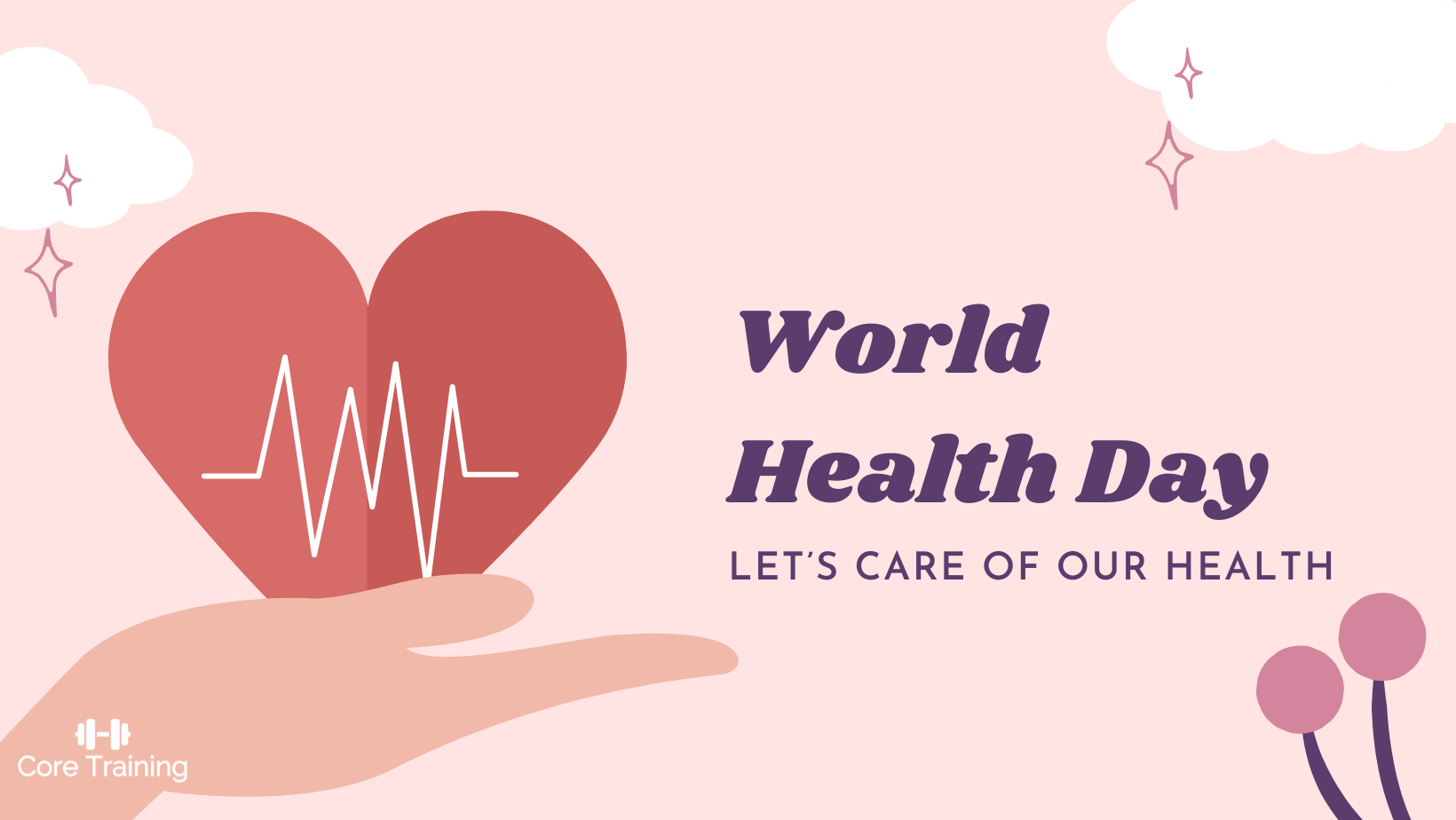February: Heart Health Awareness Month
MYTH: HEART DISEASE IS A MAN’S DISEASE
“The heart beats about 2.5 billion times over the average lifetime, pushing millions of gallons of blood to every part of the body. This steady flow carries with it oxygen, fuel, hormones, other compounds, and a host of essential cells. It also whisks away the waste products of metabolism. When the heart stops, essential functions fail, some almost instantly.
Given the heart's never-ending workload, it's a wonder it performs so well, for so long, for so many people. But it can also fail, brought down by a poor diet and lack of exercise, smoking, infection, unlucky genes, and more.”(1)
When you choose healthy behaviours, you can lower your heart disease risk while also preventing other serious chronic conditions like type 2 diabetes and some kinds of cancer.
Heart disease has often been looked at as a man’s disease but women need to be just as careful. Up until menopause women are relatively protected against heart disease in comparaison to men of the same age. However, during/after the menopause the blood vessels become increasingly stiff and narrow bumping up the risk of heart disease. At this stage in their lives, certain risk factors for heart disease (smoking, high blood pressure, diabetes) increase the risk of heart attack more in women then men. (2)
The studies just show that women need to equally be as vigilant as men in managing their lifestyle factors from a young age: This means managing your diet, exercise, sleep and cessation of smoking.
Things you need to do to manage your heart heatlh:
Manage stress
Get enough sleep
Exercise. Aerobic, weight bearing and muscle strengthening
Replace foods high in saturated fats and trans fatty acids
Reduce red/processed meat
Increase your whole grain in take
Increase your fibre consumption
Consume oily fish at least once per week
Aim to get your five a day in
Introduce some soya into your diet
Have a portion of nuts
Watch your salt intake
If you have high cholesterol look out for foods with added sterols and stanols
Limit you alcohol
1. https://www.health.harvard.edu/topics/heart-health
2. The female factor by Dr Hazel Wallace


